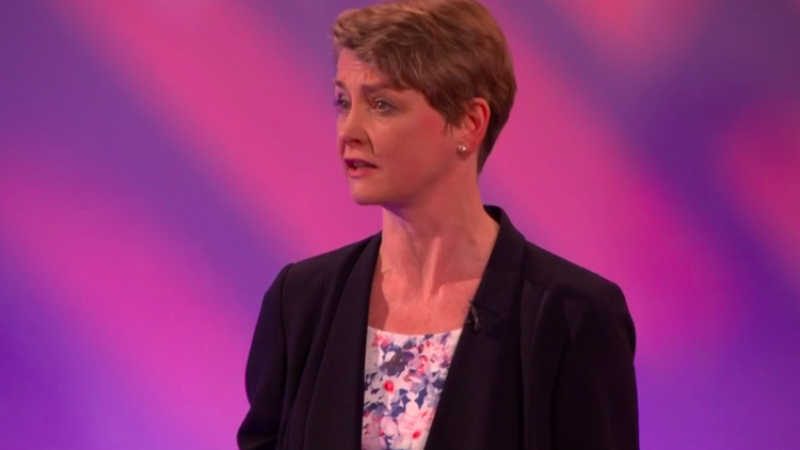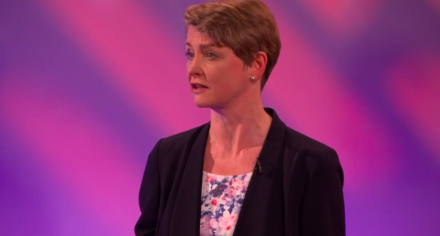

The Guardian has published an editorial supporting Yvette Cooper in the Labour leadership contest. While the paper says that the “surprise success” of Jeremy Corbyn throughout the campaign is a “reprimand” to the other candidates, and that “the quest for electability is beset by uncertainties in fluid times”, it argues that Corbyn cannot win over the Tory voters that Labour needs in order to win.
The editorial praises Liz Kendall for “telling Labour audiences what they don’t want to hear”, but criticises her campaign for showing too greater a similarity to Tony Blair’s politics, and says Burnham is “personable and has passion”, but has been too inconsistent in his positions.
On Cooper, they say:
“Yvette Cooper is more steadfast, consistently challenging George Osborne on economic terrain. She refuses to concede the nonsense that Labour overspending caused the crash. She would disconcert a prime minister whose clumsy and occasionally patronising tone towards women has proved a vulnerability. And, of course, after a century of male Labour leaders, a female leader would be a plus in itself, all the more so when Tom Watson is a front-runner to be deputy. Ms Cooper’s down-to-earth feminism defines her politics – she knows that those hardest hit by austerity are women – so her victory would be more than symbolic.”
A spokesperson from Cooper’s campaign said they were “delighted” about the support:
“We are delighted to receive an endorsement from the Guardian – the paper most widely read by Labour members. They recognise – as many others do – that Yvette is the only candidate able to unite our party, reach out beyond our narrow electorate and take the Tories on from the start. She is the only candidate able to win both this leadership election and go on to win the general election in 2020.”




More from LabourList
Almost half of Labour members oppose plans to restrict jury trials, poll finds
‘How Labour can finally fix Britain’s 5G problem’
‘The University of the Air – celebrating 60 years of Harold Wilson and Jennie Lee’s vision’